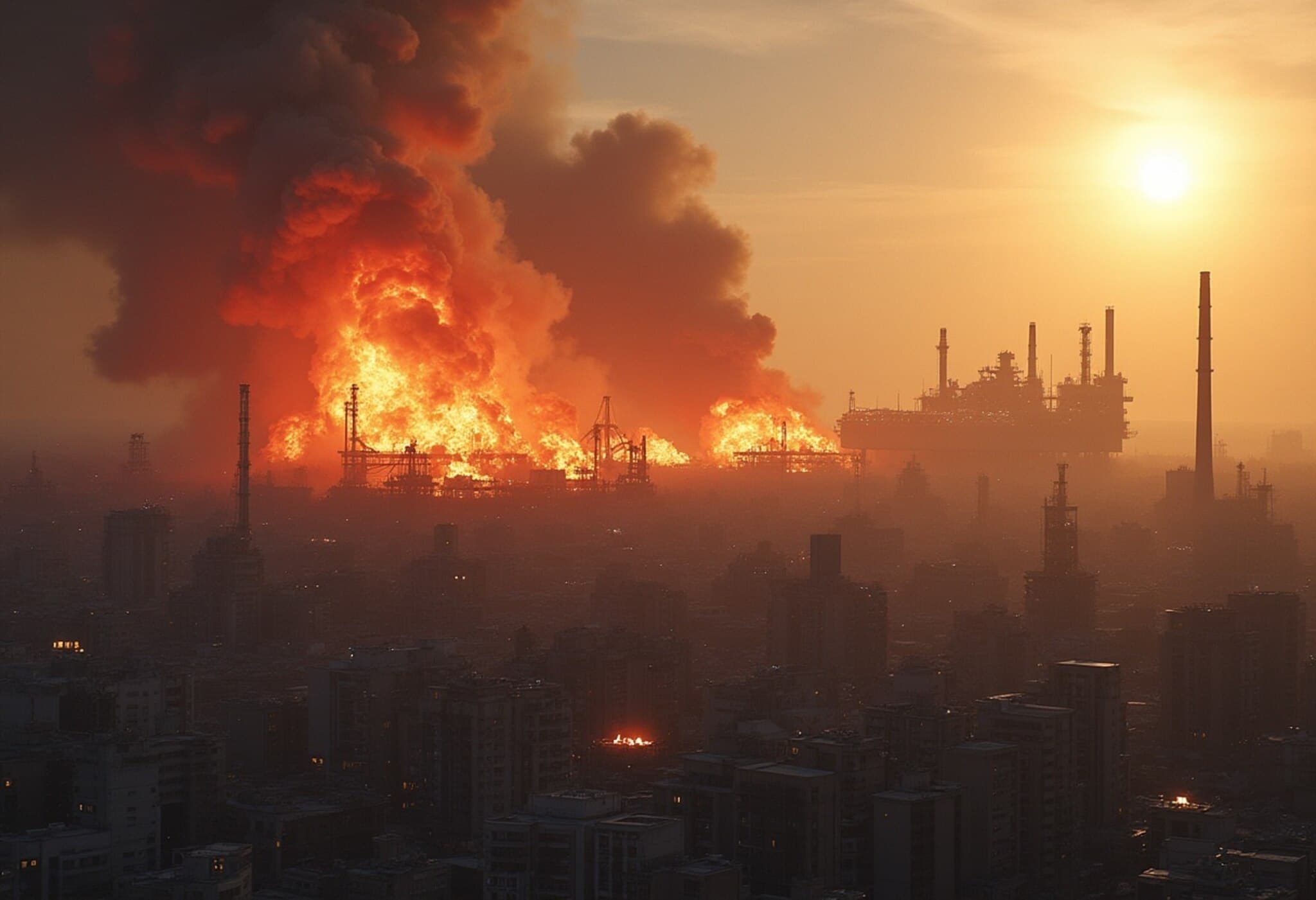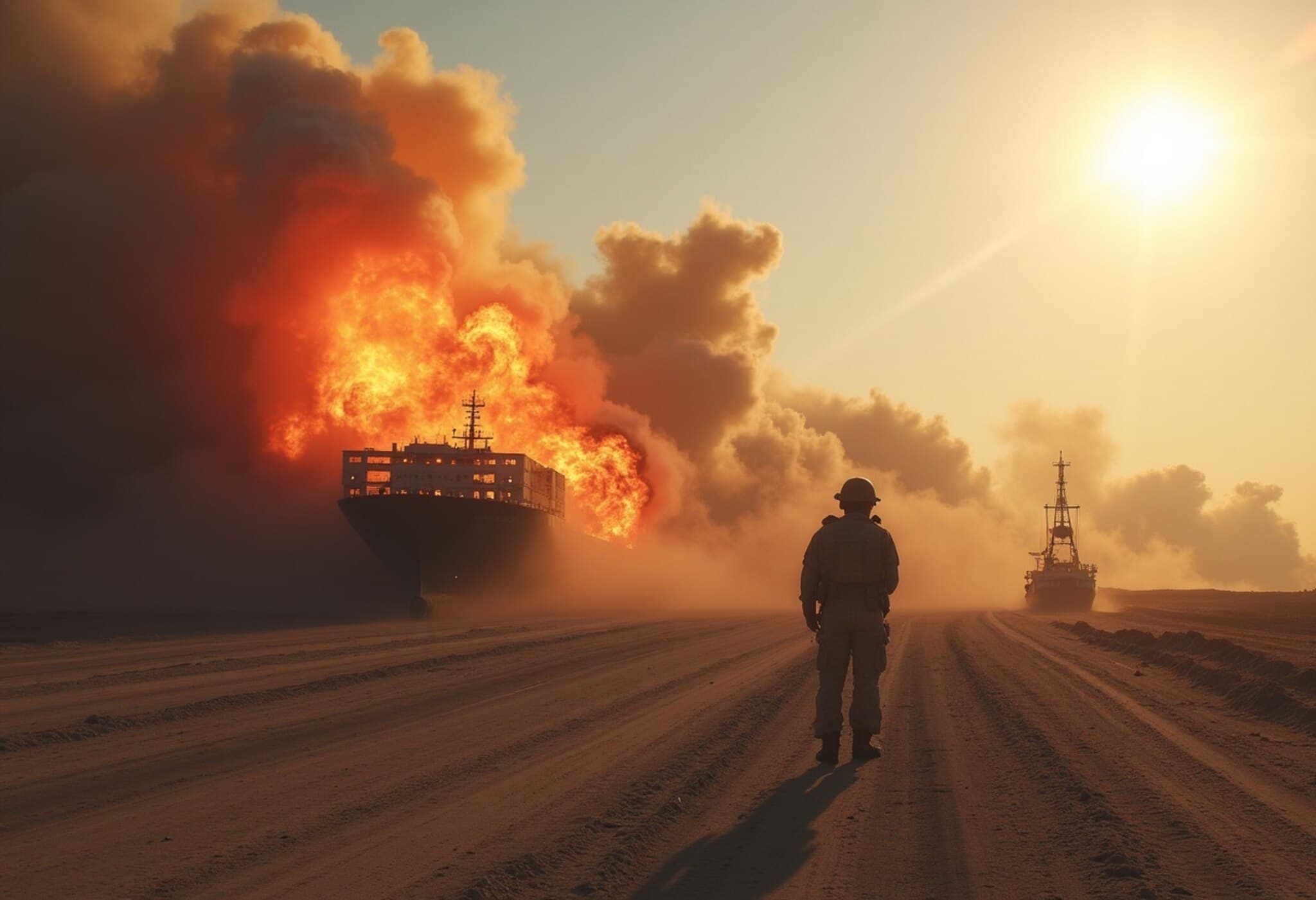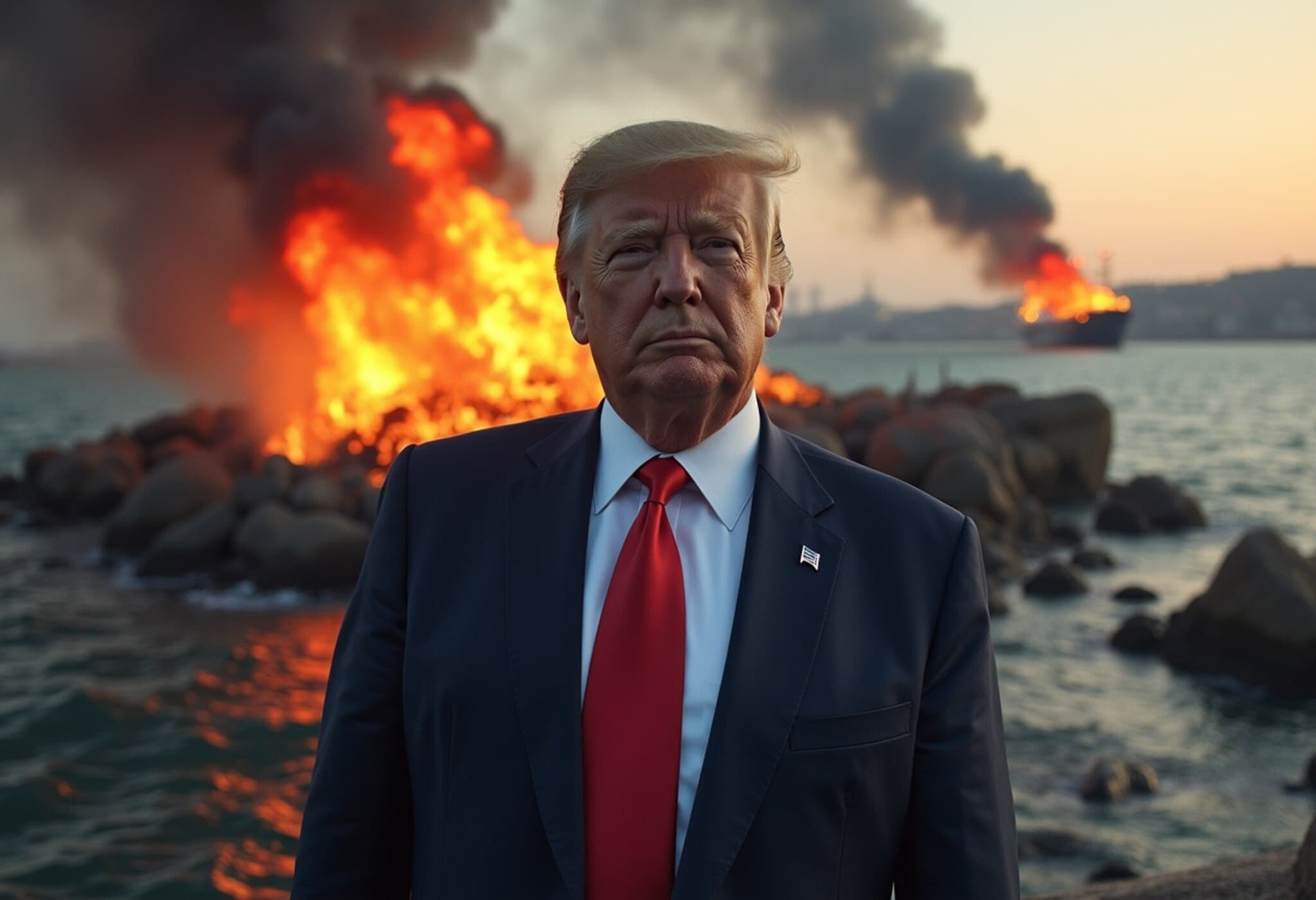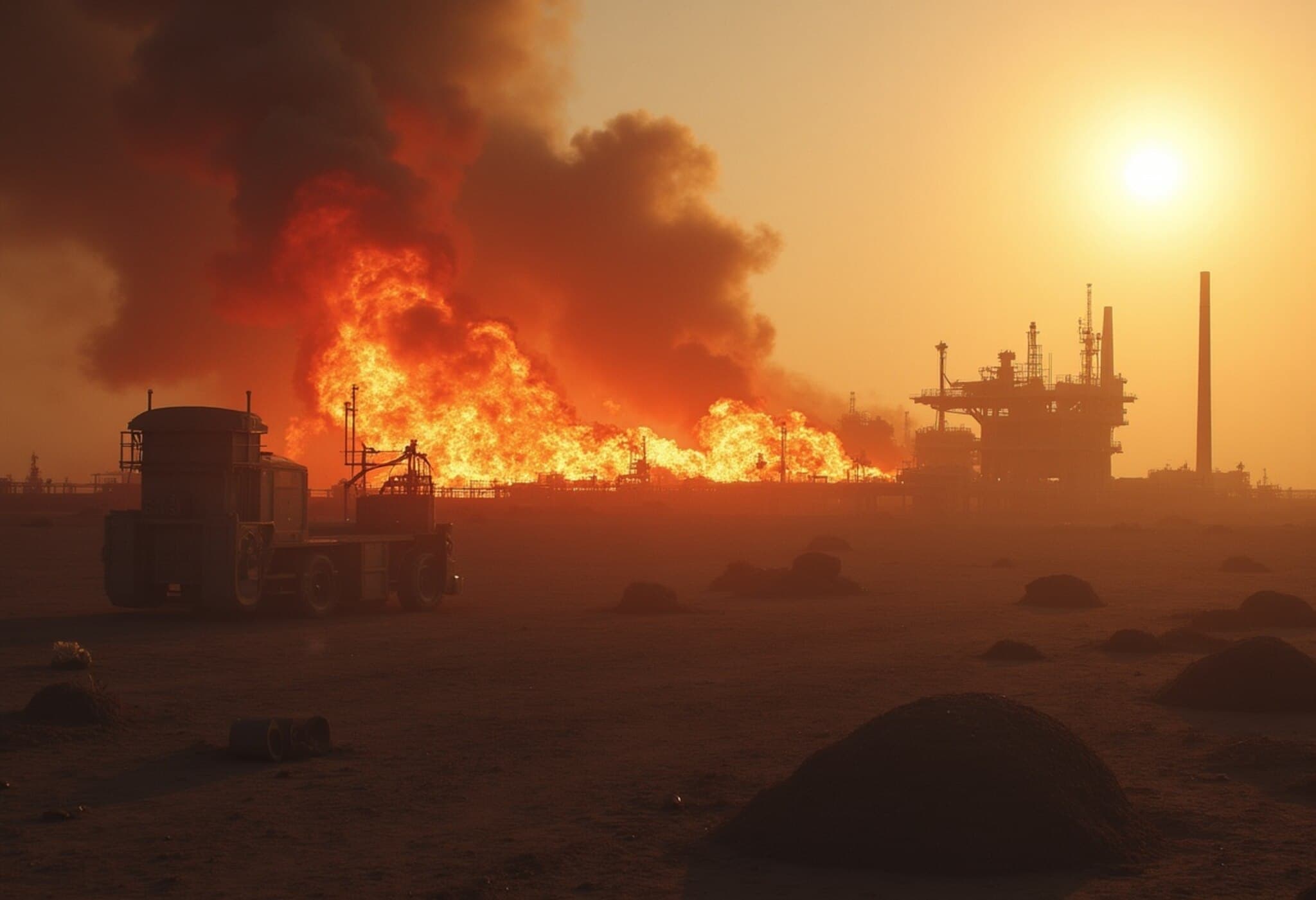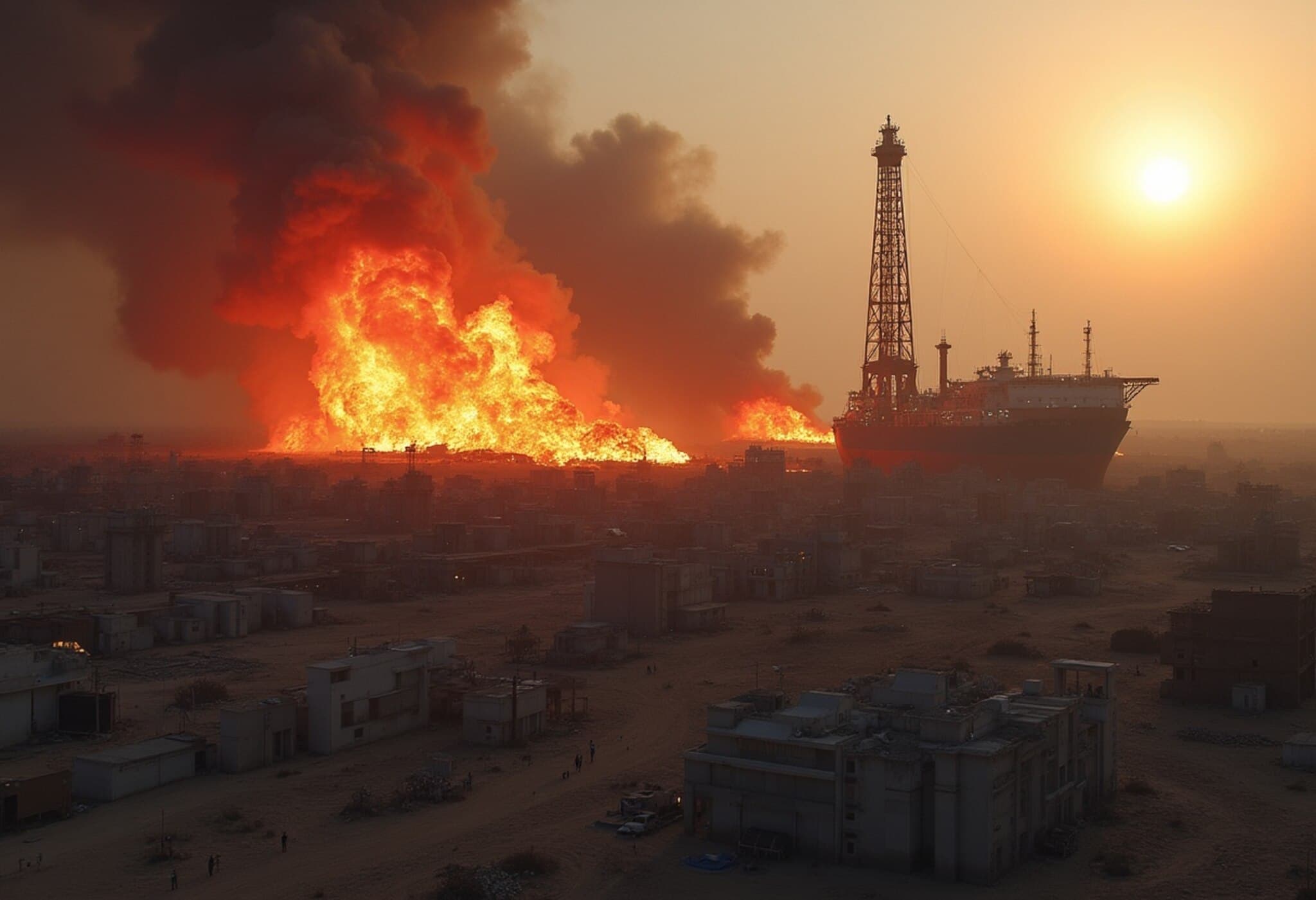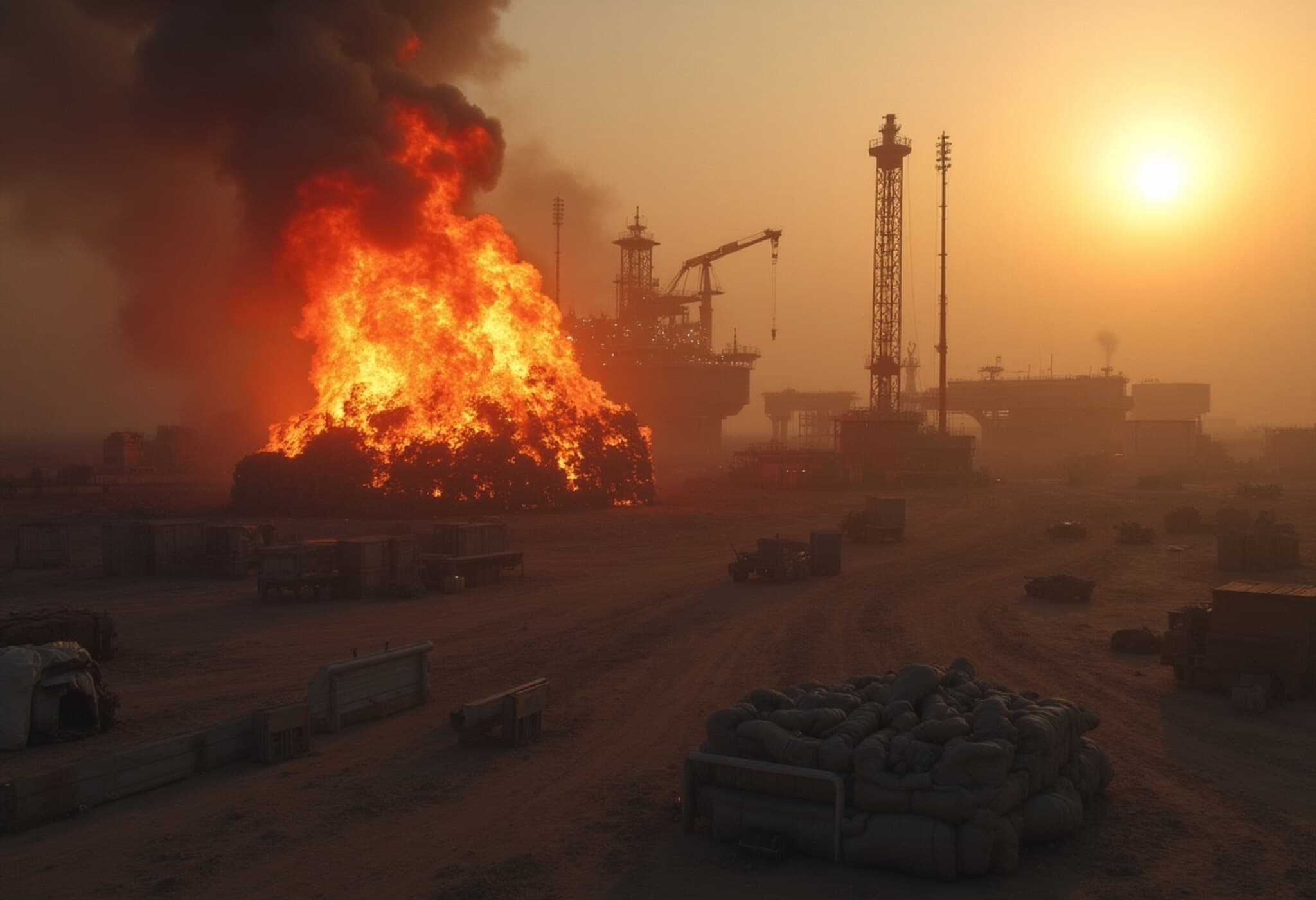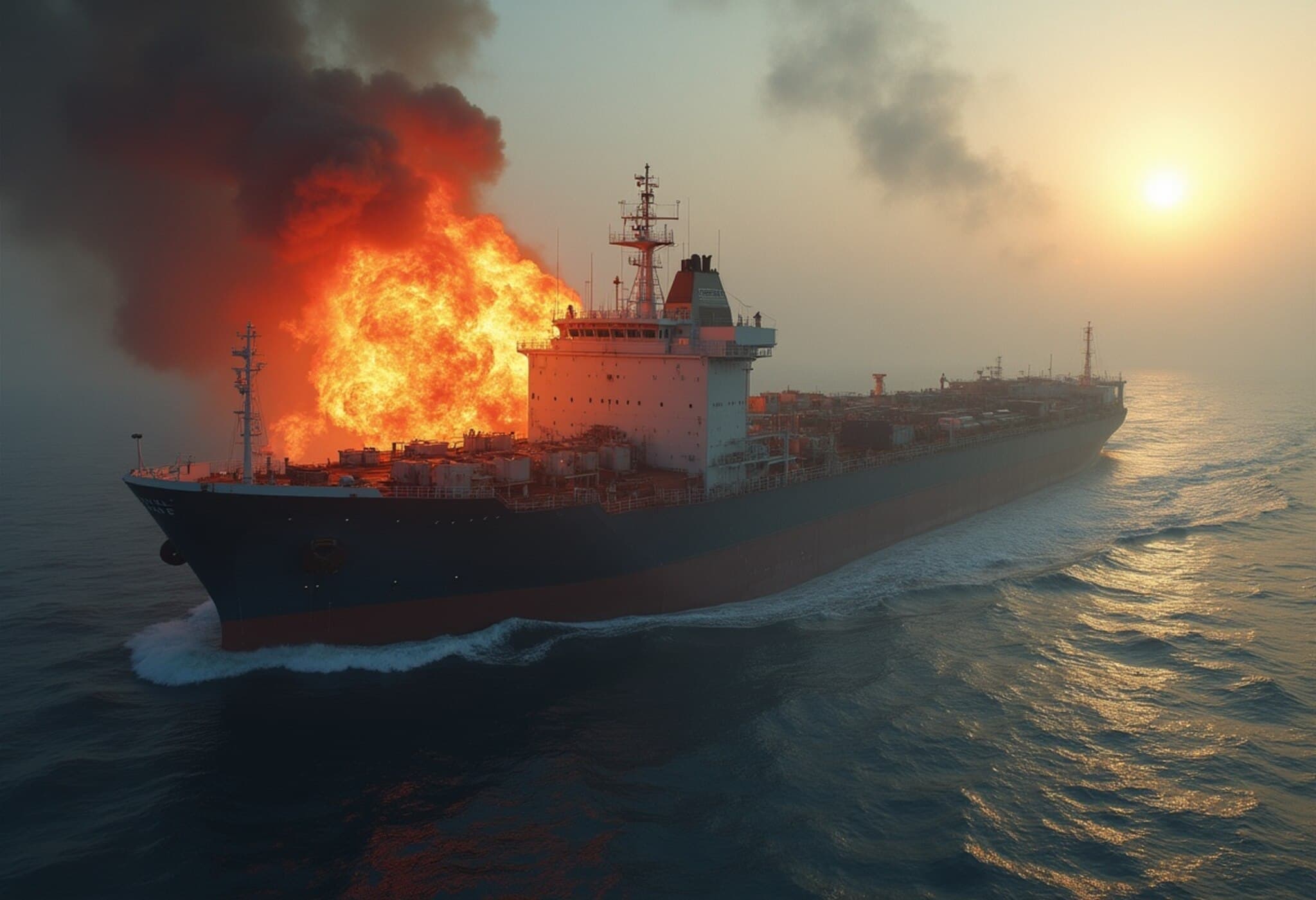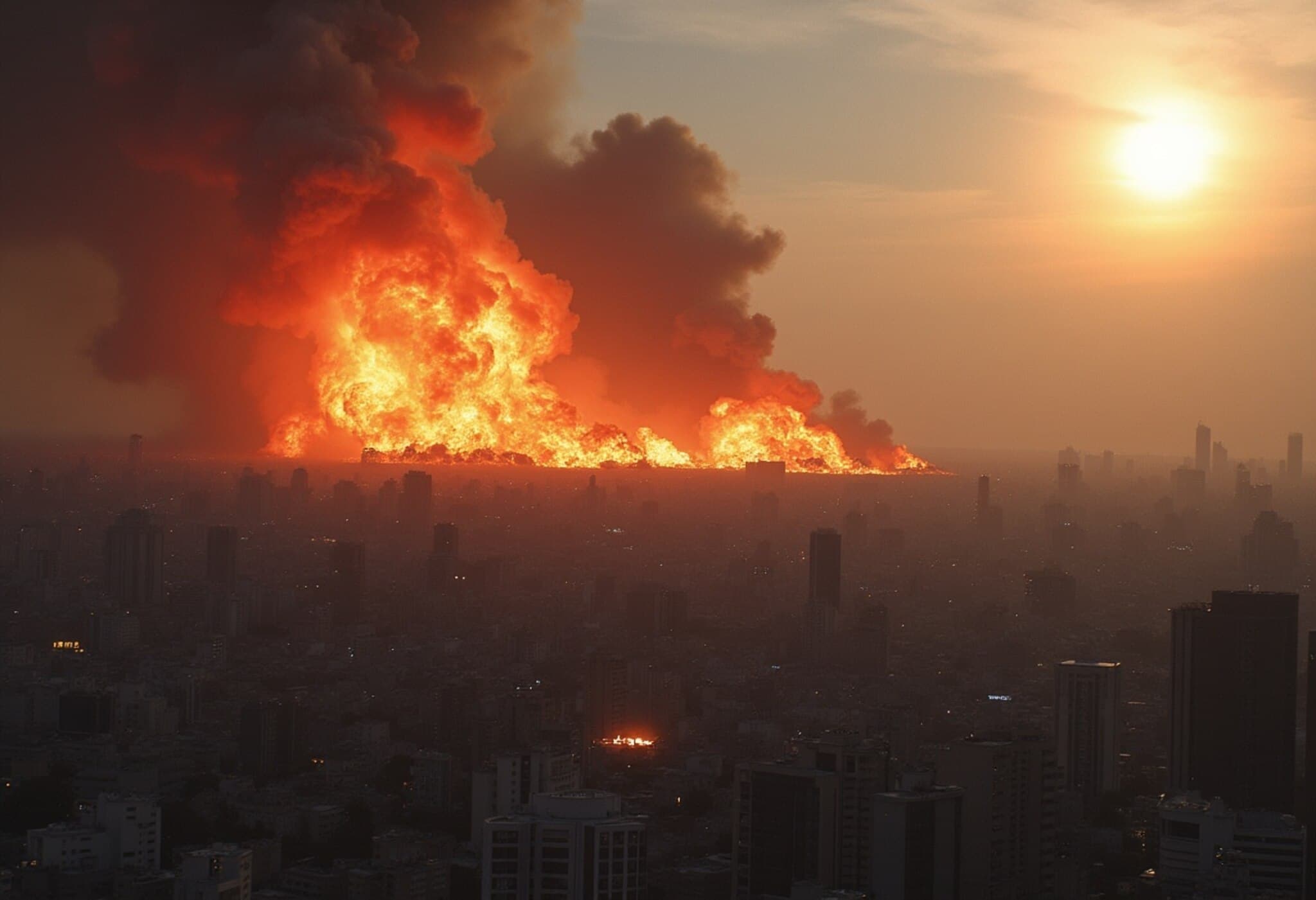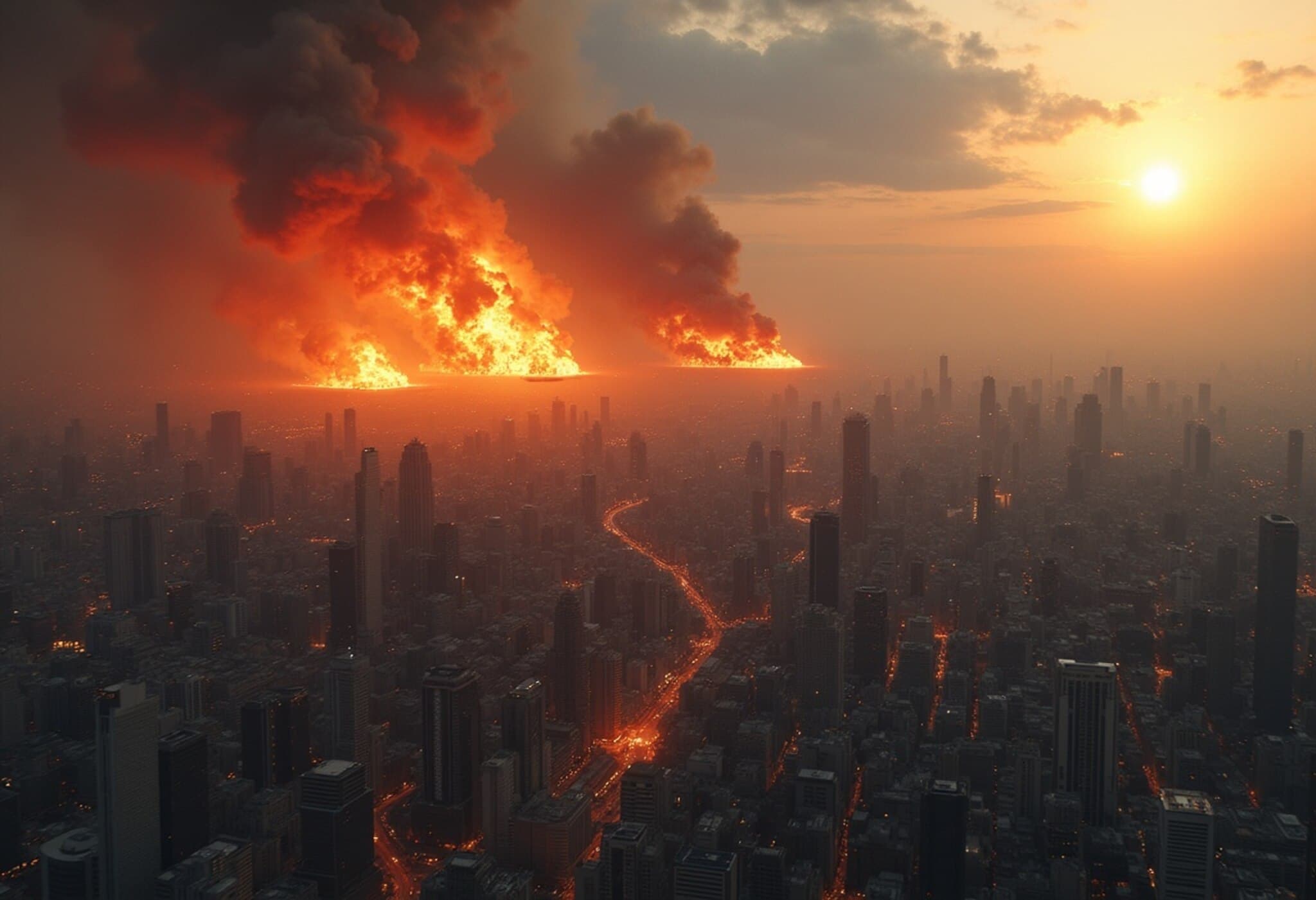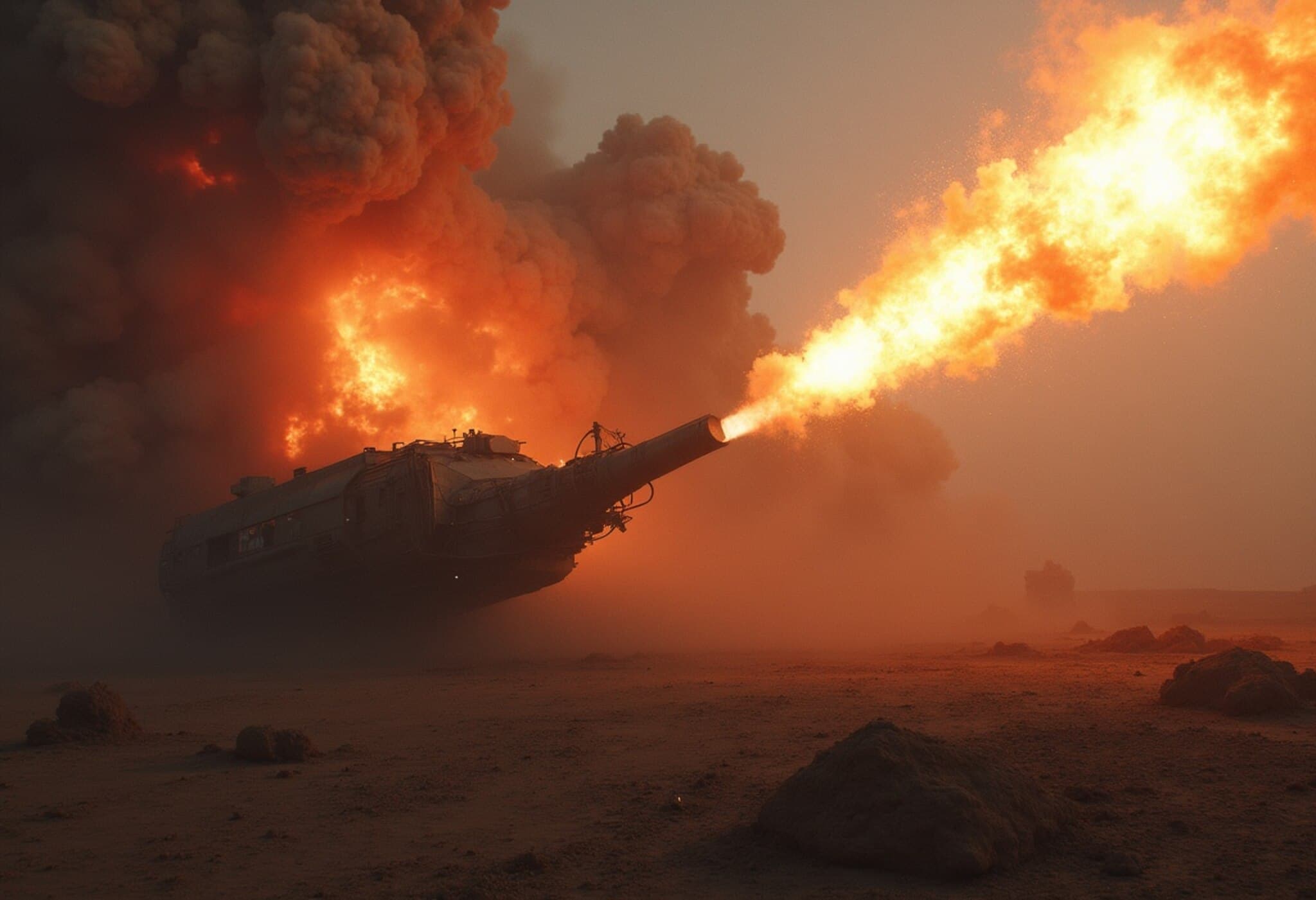Iran's Warning on Strait of Hormuz Escalates Global Oil Supply Concerns
The Strait of Hormuz, a vital maritime corridor nestled between Oman and Iran, is at the center of rising geopolitical tension. Iran has issued a stern warning about possibly closing this strategic waterway amid escalating conflict involving Israel and recent U.S. military strikes on Iranian nuclear facilities.
Why the Strait of Hormuz Matters Globally
This narrow channel, measuring roughly 33 kilometers at its narrowest, channels nearly 20% of the world's oil exports—about 18 million barrels of oil and other fuels daily. The shipping lane itself is only about 3 kilometers wide, making it highly vulnerable to disruptions.
Potential Impacts on India’s Energy Security
India is directly exposed to any potential closure, with around 40% of its crude oil and over 50% of its liquefied natural gas (LNG) imports passing through this strait. Qatar, which supplies approximately 80% of India's LNG imports, alongside the United Arab Emirates—also heavily dependent on this route—could see shipments stalled, posing significant challenges for India's energy supply.
Geopolitical Stakes and Iran’s Leverage
Iran's geographic control extends over critical islands like Qeshm and Hengam, reinforcing its grip over this economically critical passage. Historically, Tehran has threatened to block the Strait but resisted due to its own reliance on these sea lanes for exporting oil alongside other OPEC nations such as Saudi Arabia, UAE, Kuwait, and Iraq.
Efforts to Circumvent the Strait
To mitigate risks, neighboring countries like the UAE and Saudi Arabia have explored alternative export routes. According to energy authorities, there is an estimated 2.6 million barrels per day of unused pipeline capacity in these countries, which could lessen dependence on Hormuz.
Historical Incidents and Rising Tensions
- In January 2012, Iran threatened closure amid international sanctions but ultimately backed down.
- May 2019 saw attacks on several vessels near the Strait, including Saudi oil tankers.
- July 2021 involved an attack on an Israeli-managed tanker off Oman, attributed to Iran by Israel but denied by Tehran.
- In recent years, Iran has detained multiple vessels near or within the Strait, adding to regional instability.
Moreover, since the recent escalation between Israel and Iran, over 1,000 vessels have experienced GPS disruptions in this critical zone, further complicating safe navigation.
Security Measures and International Response
The US Fifth Fleet, based in Bahrain, maintains a naval presence tasked with protecting commercial shipping through the Strait. However, the evolving conflict dynamics keep maritime traffic under constant threat, with global markets watching anxiously.
The Road Ahead
With tensions intensifying, the prospect of Iran closing the Strait of Hormuz underlines the precarious balance between regional politics and global energy markets. Any disruption could send shockwaves through oil prices worldwide and challenge energy security for nations heavily reliant on this corridor.


